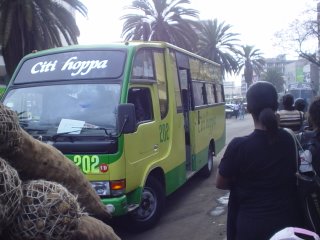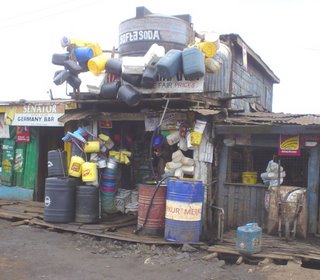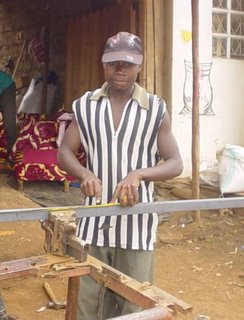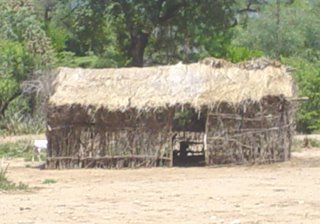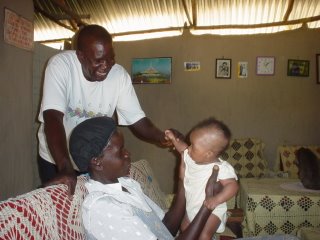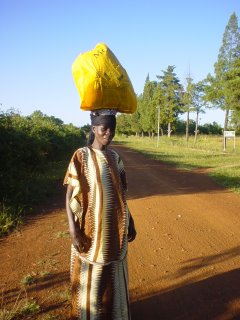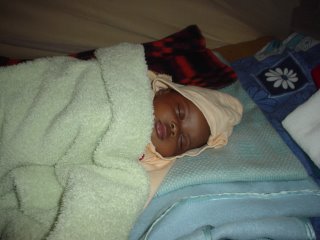Praise –
Relationships – I was privileged to spend some quality time with many of my friends this past month. Some of them include Karo and Jeremiah (on several occasions, two of which included celebrating their birthdays with cupcakes, candles, and singing “Happy Birthday”); Kim/Martin (on two occasions, one of which included hiking around Ololua Forest and climbing the rocks at the waterfall); Rose and Sammy (for lunch in town); Linet (briefly, to share some gifts with her); Robert (as we enjoyed nyama choma); Mark (a young Sudanese friend of mine); Judith (while enjoying an Ethiopian lunch to celebrate her birthday); Bishop and Margaret and their family (on an overnight stay); Sammy (while seeing him off at the airport on his way to Morocco to play with the Under-18 Kenya rugby team); Kim/Moses (over lunch); and the homegroup guys (over a lunch of nyama choma, in order to recognize some of their recent achievements); both Karo and Jeremiah’s parents (as they all got to meet Joy for the first time); and Collins (during a brief stay at Matunda). The focus of my ministry is one-on-one relationships. A glance at my calendar reveals that I pro-actively pursue spending quality time with the folks God has connected me with.
Teaching Time – I taught at Kwa Njenga Church for a second time on the subject of God’s Word. I believe it went well and that the people were blessed to receive it.
Safe Travels – Karo, Joy (now 3 months old), and I safely traveled to Matunda and Siaya over the course of nine days. We prayed earnestly regarding each and every PSV (public transportation vehicle) that we entered (a total of 11, not counting the many boda bodas). There have been three fatal accidents on Kenyan roads in a recent two-week span, with 27 people killed. Just as we finished our journey late last night, we passed by an accident scene in their neighborhood in which a person had been killed by a “lorry” (large truck). Just a few minutes later, we heard on the evening news that a family of six had been killed in a highway accident earlier in the day. We praised God for our safe travel over many hundreds of miles!
Prayer –
I’ll be hosting Travis Brim (a young man from my previous church in Omaha) during the next three months. I will appreciate your prayers as I show him the many facets of life in Kenya and as we engage in various ministry opportunities. Please also pray for safety as we do some traveling throughout Kenya.
I have another teaching time scheduled at Kwa Njenga Church on the 17th. Please pray that God’s Word would not return to Him void but that it would accomplish His purpose.
Please remember to pray by name for my many friends here in Kenya. The schools have re-opened for the 3rd and final term of the school year. Pray for Collins, Rose, Sammy, Masudi, Masha, Musyoka, and Jim as they study and learn.
As always, pray that I’ll maintain my focus. I want to only engage in the activities that God has pre-ordained for me. May I also be able to say, “I was born for this,” like Joan of Arc in the 15th century.
* * * * *
“I am not here for my own purpose at all. I am here for the purpose of God. The two are not the same.” - Oswald Chambers









